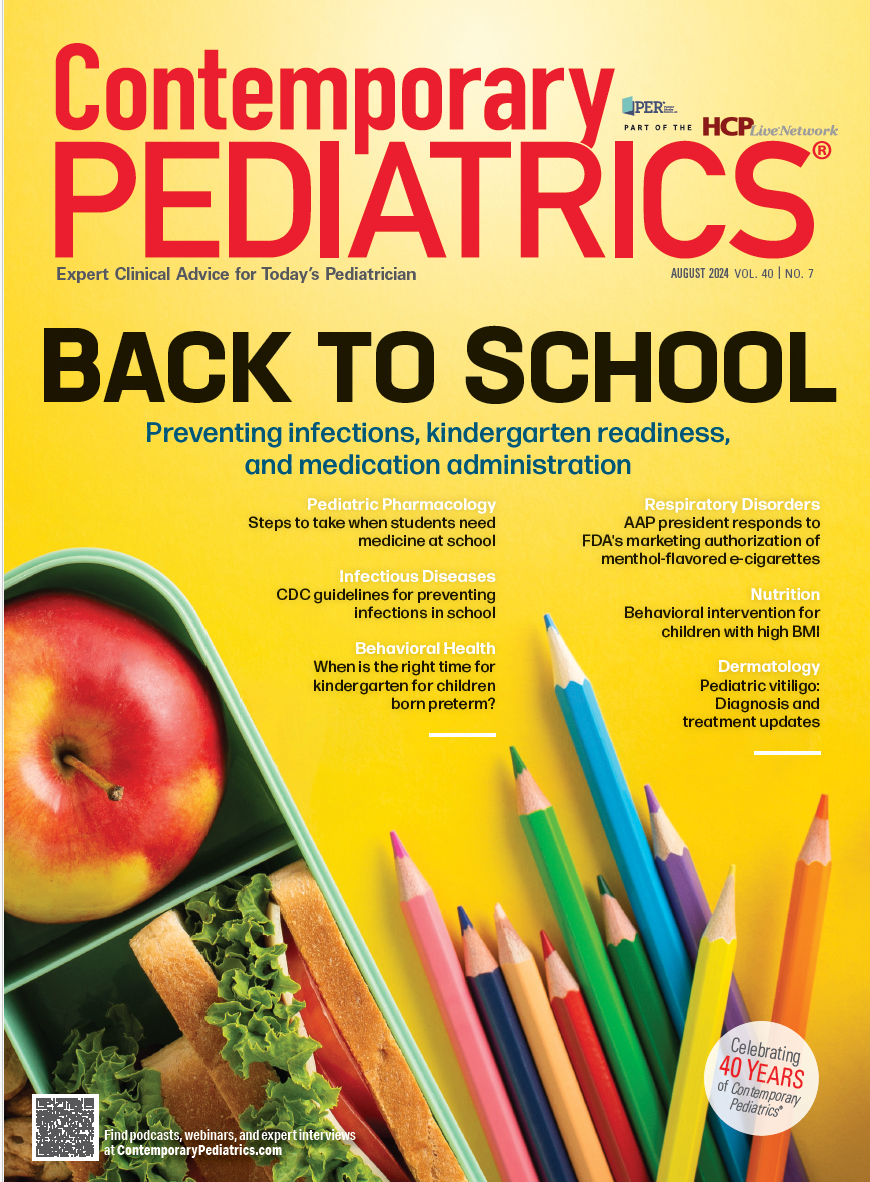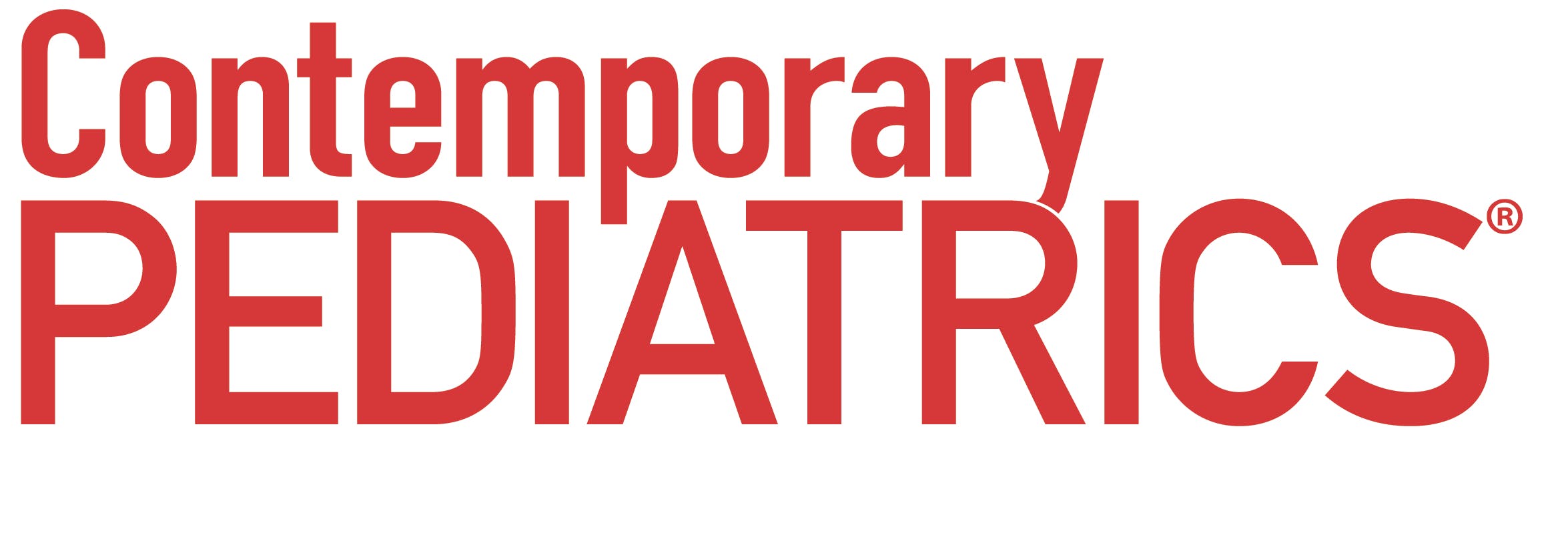AAP president responds to FDA's marketing authorization of menthol-flavored e-cigarettes
"This decision will have serious health consequences for children and young people," stated the president of the American Academy of Pediatrics.
AAP president responds to FDA's marketing authorization of menthol-flavored e-cigarettes | Image Credit: © lezinav - © lezinav - stock.adobe.com.

Following the FDA's recent authorization for the marketing of 4 menthol-flavored e-cigarette products in the United States, the president of the American Academy of Pediatrics (AAP) has expressed disappointment in the federal agency's decision.1,2
"This decision will have serious health consequences for children and young people," said Benjamin Hoffman, MD, FAAP, president, AAP in a statement on behalf of the organization.2
On June 21, the FDA authorized marketing for the e-cigarette products via the premarket tobacco product application (PMTA) pathway, with orders granted to 4 products of NJOY LLC. The products include1:
- NJOY ACE Pod Menthol 2.4%
- NJOY ACE Pod Menthol 5%
- NJOY DAILY Menthol 4.5%
- NJOY DAILY EXTRA Menthol 6%
The authorizations make these products the first non-tobacco, flavored e-cigarette products to be FDA authorized. The agency noted in a press release that, "while this action permits these specific tobacco products to be legally marketed in the US, it does not mean these tobacco products are safe nor are they 'FDA approved.'"1
The FDA included that "all tobacco products are harmful and potentially addictive. Those who do not use tobacco products shouldn’t start."1
These authorizations have triggered responses from the AAP and Hoffman, who said the following in a statement2:
"Given everything we know about how appealing flavored tobacco products are to children, the American Academy of Pediatrics is profoundly disappointed that the Food and Drug Administration has chosen to authorize several menthol-flavored e-cigarettes. Menthol is one of the most popular e-cigarette flavors among youth and has been shown to increase tobacco product initiation among children by masking the harshness of nicotine. These products have no place on the market."
According to the FDA, it evaluates PMTAs based on a public health standard that considers risks and benefits of the products, among other aspects, to the population as a whole. Following the review of the company's applications, the federal agency determined that marketing of the products was appropriate for the protection of public health, specifically for adults smokers.
"Evidence submitted by the applicant showed that these menthol-flavored products provided a benefit for adults who smoke cigarettes relative to that of the applicant’s previously authorized tobacco-flavored products—in terms of complete switching—that is sufficient to outweigh the risks of the product, including youth appeal," the FDA stated.1
"We are a data driven agency and will continue to follow the science to inform our review of premarket tobacco applications," said Matthew Farrelly, PhD, director, Office of Science, Center for Tobacco Products, FDA. "Based upon our rigorous scientific review, in this instance, the strength of evidence of benefits to adult smokers from completely switching to a less harmful product was sufficient to outweigh the risks to youth."1
Still, the FDA in the announcement reiterated that the agency is concerned about youth risk when it comes to all e-cigarettes, especially flavored products that are more appealing. The agency has placed "stringent" marketing restrictions on the products to prevent youth access and exposure. Further, the FDA could suspend or withdraw authorization if it determines that continued marketing is no longer appropriate for the protection of public health, "including if there is a notable increase in use of the products among youth or former smokers, or a decrease in the number of current smokers who completely switch to the products."1
Hoffman referred to "previous decisions" by the agency that caused issues among children with regard to e-cigarette authorizations.
"Previous decisions by FDA to allow the marketing of flavored e-cigarettes had disastrous consequences for children that we are still working to overcome," said Hoffman. "These products will inevitably end up in the backpacks of middle schoolers. Once that happens, FDA will have an obligation to immediately reverse this deeply unwise decision.”
References:
- Hoffman, B. AAP statement in response to FDA authorization of menthol-flavored e-cigarettes. American Academy of Pediatrics. June 21, 2024. Accessed June 25, 2024.
- FDA authorizes marketing of four menthol-flavored e-cigarette products after extensive scientific review. FDA. Press release. June 21, 2024. Accessed June 25, 2024.

























The Role of the Healthcare Provider Community in Increasing Public Awareness of RSV in All Infants
April 2nd 2022Scott Kober sits down with Dr. Joseph Domachowske, Professor of Pediatrics, Professor of Microbiology and Immunology, and Director of the Global Maternal-Child and Pediatric Health Program at the SUNY Upstate Medical University.
The Role of the Healthcare Provider Community in Increasing Public Awareness of RSV in All Infants
April 2nd 2022Scott Kober sits down with Dr. Joseph Domachowske, Professor of Pediatrics, Professor of Microbiology and Immunology, and Director of the Global Maternal-Child and Pediatric Health Program at the SUNY Upstate Medical University.
2 Commerce Drive
Cranbury, NJ 08512
All rights reserved.










